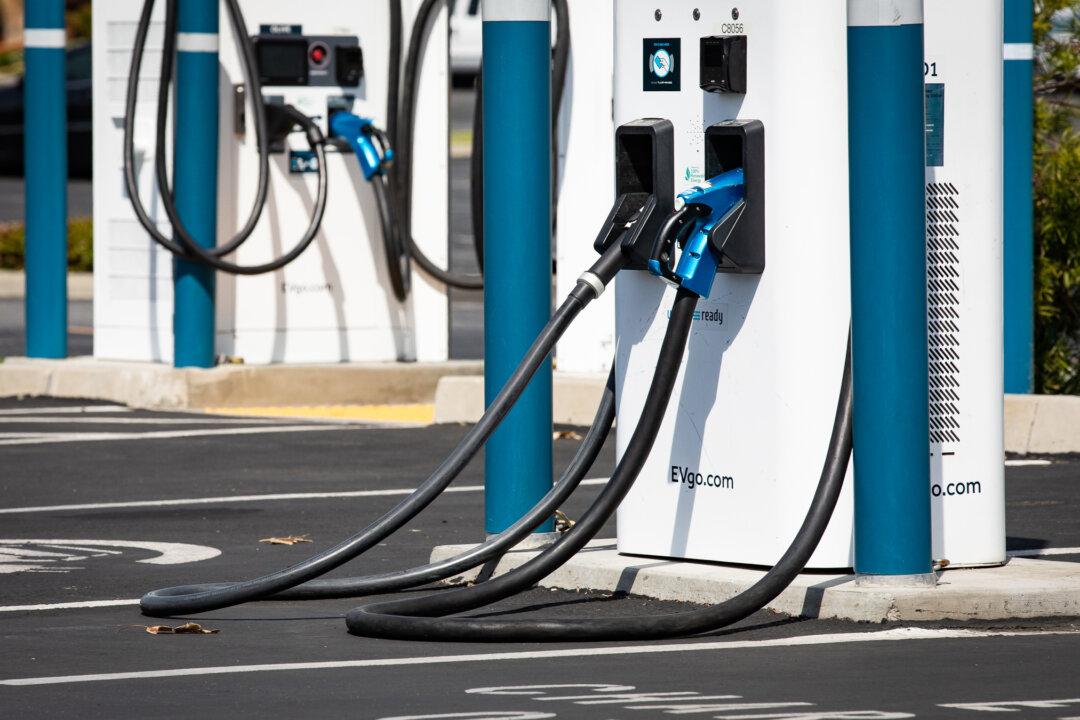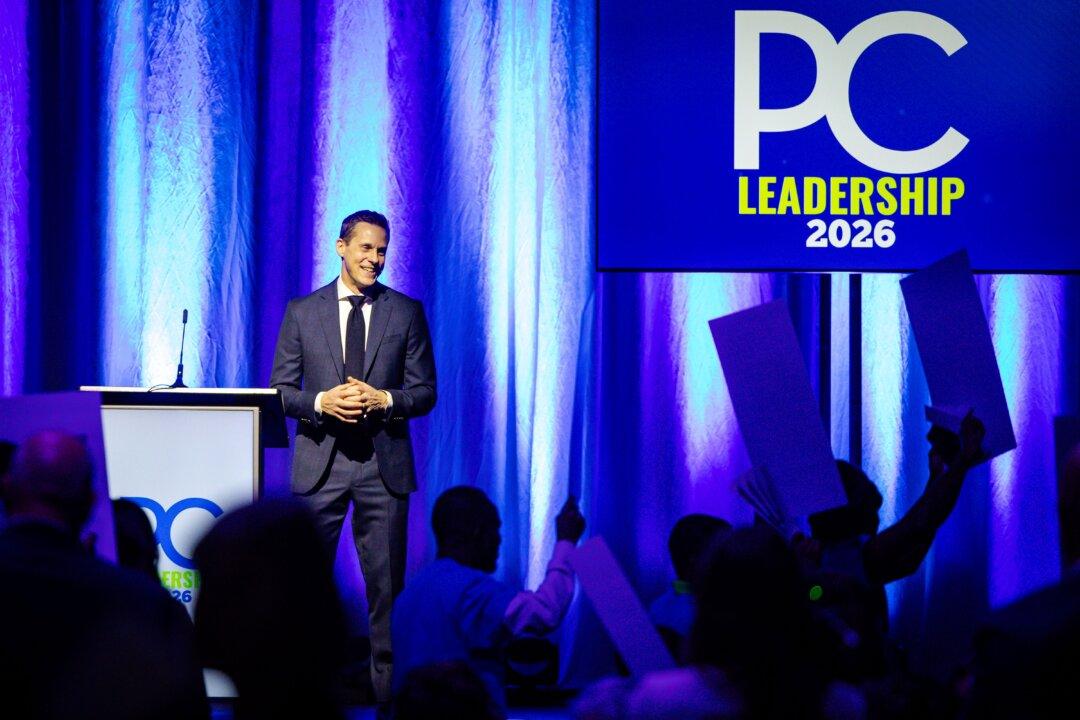The House of Commons is gathering information on what it would take to exchange its current shuttle bus for MPs for an electric one.
A request for information (RFI) issued on Dec. 21, 2023, is set to gather information about the costs and concerns associated with the switch.





